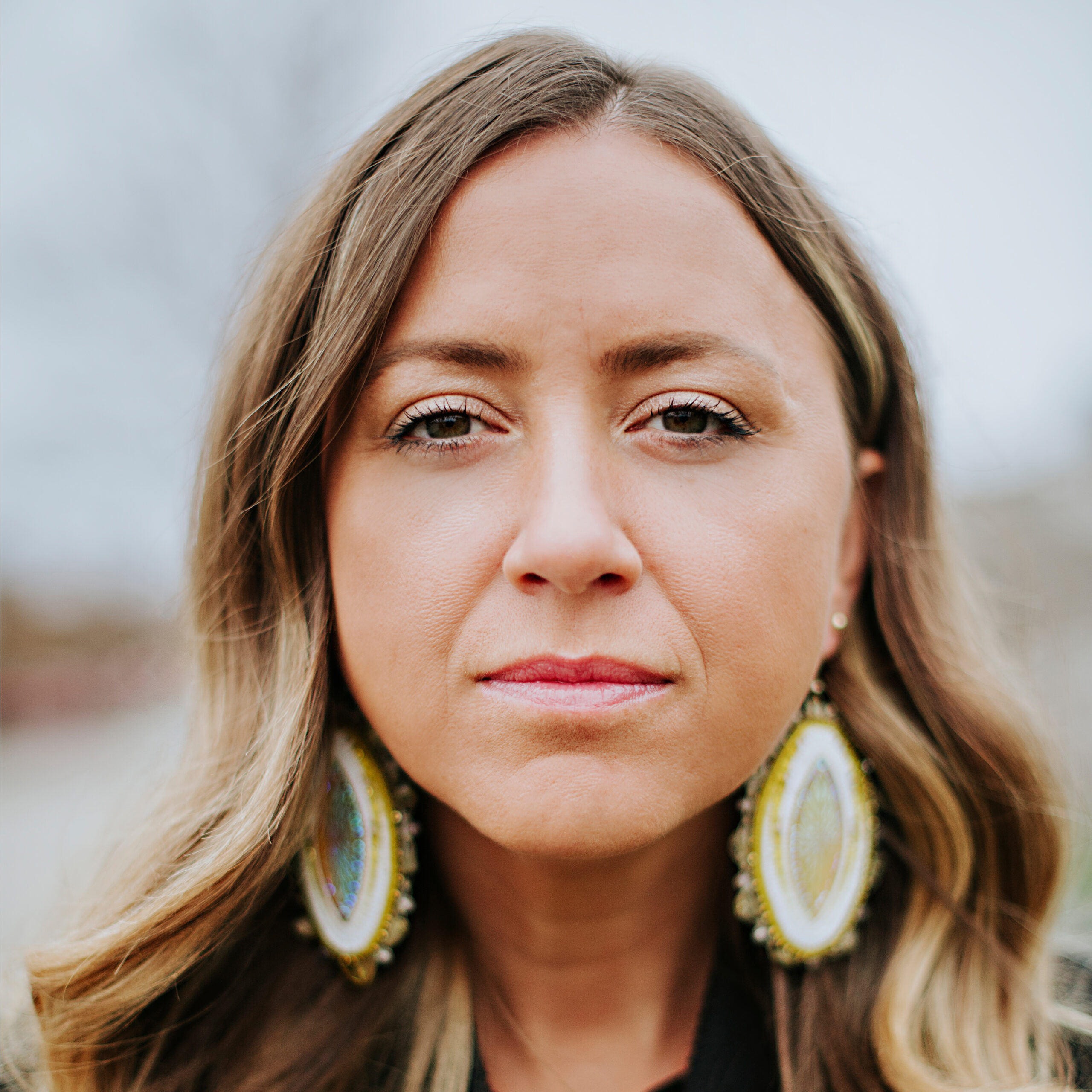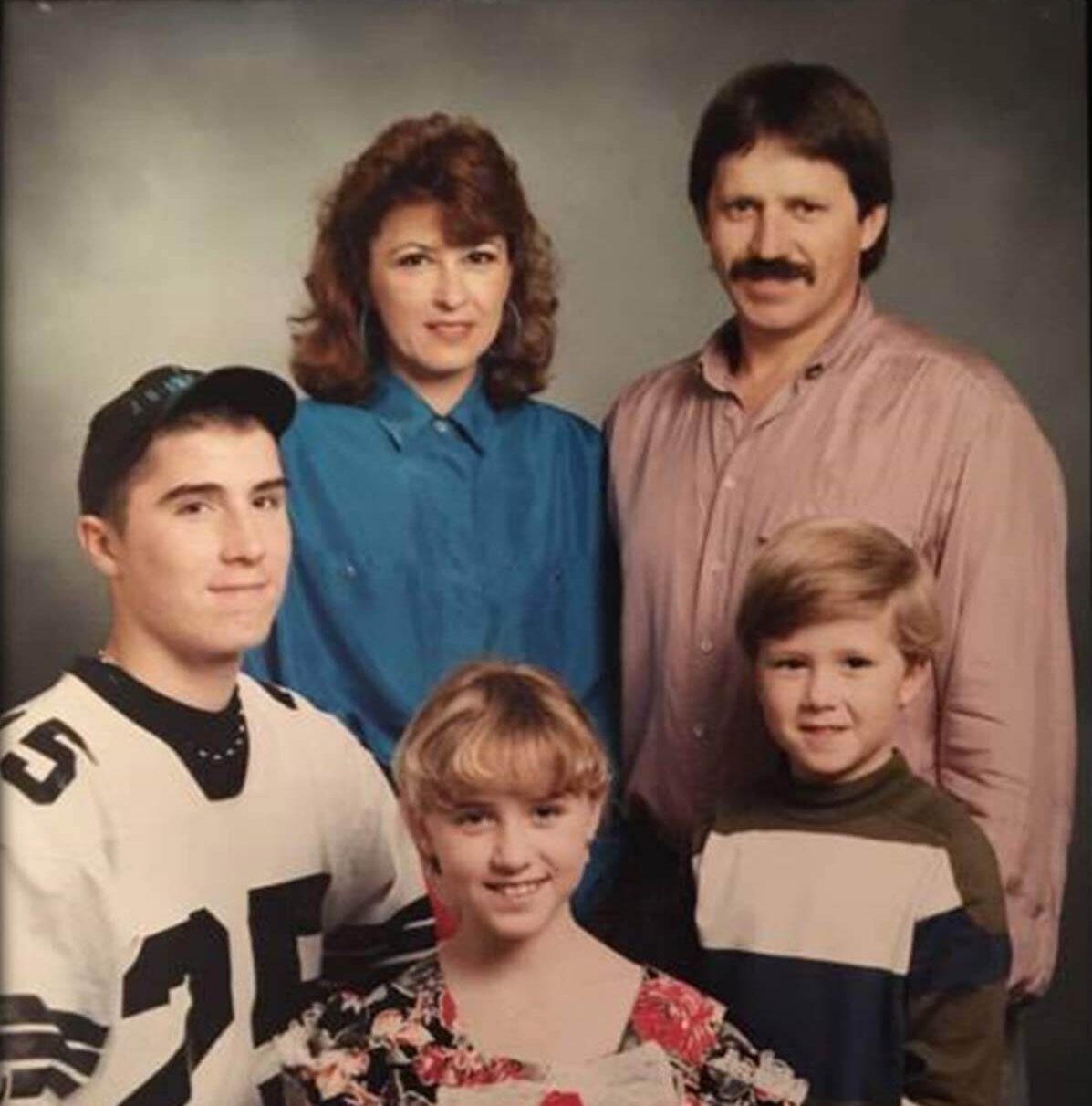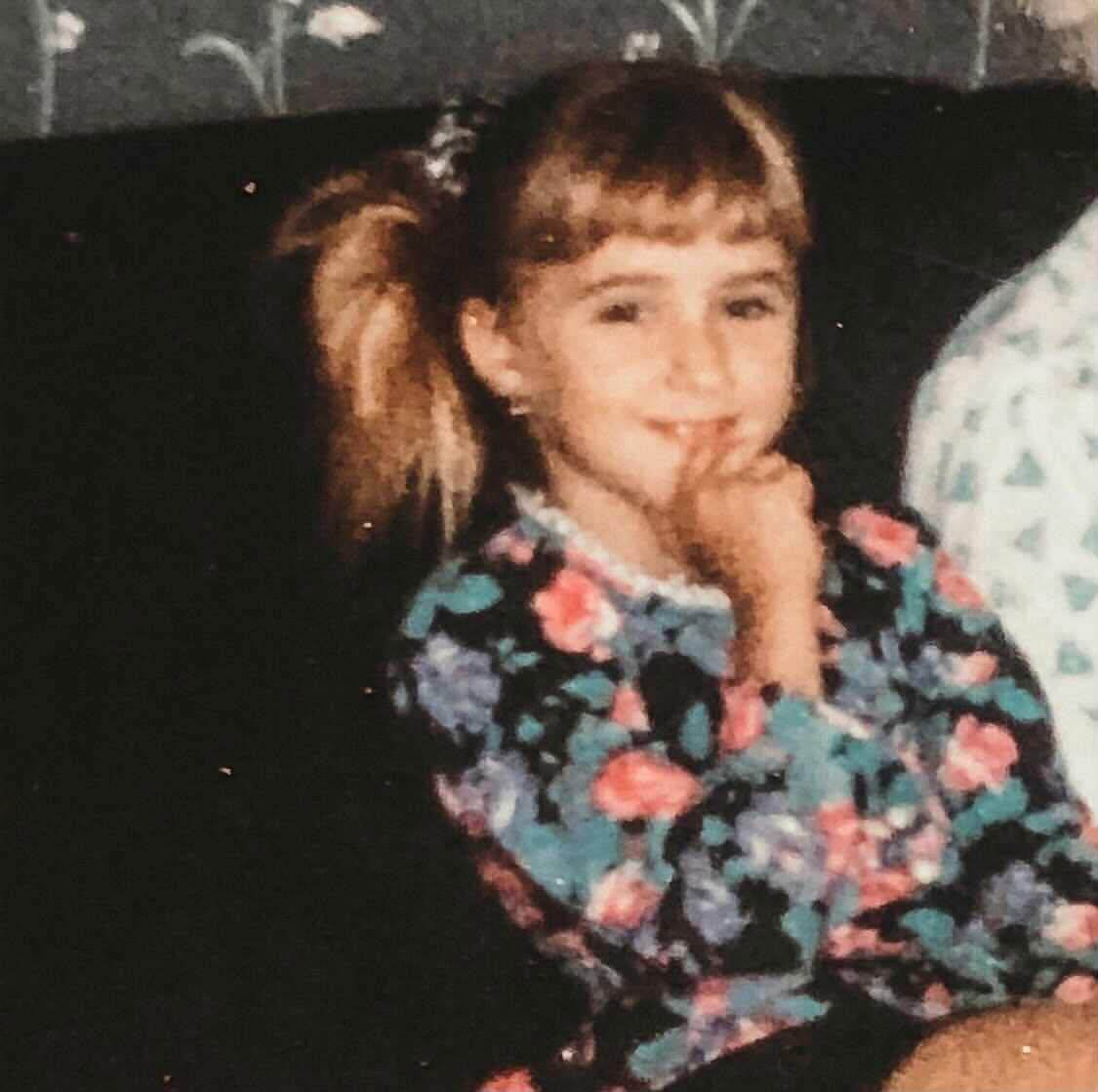When you hear the name Fallon Farinacci, it brings to mind, you know, a story of incredible strength and a powerful voice for change. Her journey, really, is one that has touched many people, shining a light on very difficult truths while also offering a path toward healing and understanding. It's about a woman who has faced, you know, unimaginable sorrow but has chosen to turn her experiences into a force for good, for others, which is, honestly, quite inspiring.
Her work and her life story are, in a way, deeply connected to the vital conversations happening around Missing and Murdered Indigenous Women, Girls, and Two-Spirit people, often called MMIWG2S+. She stands as a survivor, a speaker, and an advocate, someone who shares her personal history to bring about, you know, greater awareness and, perhaps, some real change. It's a testament to her spirit, truly.
So, as we talk about Fallon Farinacci, we're exploring more than just one person's life; we're looking at a narrative that, actually, reflects a broader movement for justice and reconciliation. Her contributions are, you know, very important in this ongoing effort, and her words, quite frankly, carry a lot of weight for many communities. She's a person who, you know, really embodies what it means to heal and to help others heal too.
Table of Contents
Fallon Farinacci: A Biography of Strength
Fallon Farinacci's story begins, like, in rural Manitoba, Canada, where she is, you know, a Red River Métis woman. Her spirit name is White Thunder Woman, which, you know, speaks volumes about her inner strength and her role in her community. She is, actually, a child survivor of the MMIWG2S+ crisis, a term that, you know, stands for Missing and Murdered Indigenous Women, Girls, and Two-Spirit people. Her experiences, really, have shaped her profoundly, turning her into the advocate she is today.
Personal Details and Bio Data
| Detail | Information |
|---|---|
| Full Name | Fallon Farinacci |
| Spirit Name | White Thunder Woman |
| Indigenous Heritage | Red River Métis |
| Place of Origin | Rural Manitoba, Canada |
| Family Status | Mama of 3, married |
| Role | MMIWG2S+ speaker, survivor & advocate |
| Interests | Strawberries, Christmas, DIYs, Fashion, Plants |
The Early Years and Unimaginable Loss
Fallon Farinacci was, you know, very young when her life took a truly tragic turn. At the tender age of nine, in 1993, her parents were, actually, murdered. This horrific event occurred while she and her brothers were held, a situation that lasted for, you know, a terrifying 8.5 hours before the RCMP finally came to save them. It was, apparently, her mother's stalker who committed these terrible acts, claiming the lives of both her mother and her father. This was, you know, a truly devastating experience that no child should ever have to go through, and it, you know, very much shaped who she was from a very young age.
The pain of that night, you know, stayed with her. And then, as if that wasn't enough, she faced further loss. The subsequent death of her brother, Clinton Paul, on Sunday, November 12th, added another layer of sorrow to her life. This recent passing of her brother, you know, further impacted her deeply. It, too, contributed to a feeling of survivor's guilt she experienced, which is, you know, a very heavy burden to carry. She, you know, needed support for the Paul family memorial, showing how these losses continued to affect her and her family, truly.
She describes surviving that horrific night, living through it, you know, when her parents' lives were taken. She survived being held hostage, waiting for help to arrive for those long hours. This period of her life, you know, moving to an entirely new situation afterwards, was, honestly, a massive challenge. It's a story of profound survival against, you know, very overwhelming odds, something that, like, few people can even imagine.
A Voice for Justice: The MMIWG Inquiry
In 2017, Fallon Farinacci made a very brave decision. She testified at the National Inquiry into Missing and Murdered Indigenous Women and Girls. This was, you know, a really significant step for her, a way to share her family's painful story publicly. According to reports, she spoke about what happened to her parents and brother, bringing her personal experience to a national stage. She, you know, attended the closing ceremony for the inquiry in Quebec at the Canadian Museum of History in 2019, showing her continued dedication to this vital work.
Her testimony was, actually, a powerful moment. She fought for justice and, you know, greater awareness for the MMIWG2S+ crisis. By speaking out, she became, you know, an advocate, someone who uses her own difficult past to help others understand the deep impact of these tragedies on Indigenous families and communities. It's a way she tries to, you know, bring about change and awareness across Turtle Island, which is, you know, a very important part of her healing journey.
Her voice, truly, is a beacon for many. She shares her story, in a way, to bring about real change and to shed light on the widespread issue of missing and murdered Indigenous women. Speaking about her past, she says, has, you know, helped her on her own path to healing, showing that, you know, even in pain, there can be purpose and a way to move forward. It's, like, a very courageous act, really, to put herself out there for such an important cause.
Advocacy and Healing: A Path Forward
Fallon Farinacci is, you know, a Red River Métis mama of three, and she's married to her lover. Beyond her personal life, she is, actually, a dedicated MMIWG2S+ speaker, survivor, and advocate. She uses her platform to discuss, you know, all things related to this critical issue, sharing her experiences and insights. Her advocacy is, in a way, a direct result of her own survival and her desire to see a better future for Indigenous peoples.
She is, you know, very hopeful that the MMIWG action plan will bring real change. This hope, you know, comes from her deep understanding of the issues and her belief that, actually, collective effort can make a difference. She sits down with others, like, for example, Brit, in honor of May being National Missing and Murdered Indigenous Persons Awareness Month, to share her story and how a series of tragic events set her on this path of advocacy. It's a way to, you know, keep the conversation going and ensure these stories are heard.
Her journey is, you know, one of healing, and she openly shares that process. Speaking about her past, as she puts it, has helped her on her healing journey. This openness, truly, helps others who might be going through similar struggles, showing them that, you know, there is a way to move forward, even after immense pain. It's, like, a very human way of connecting and helping, honestly.
Family and Community Connections
Fallon Farinacci is, you know, deeply rooted in her family and community. She is a mother of three and, you know, very much cherishes her marriage. Her life, too, extends beyond her advocacy work to include, you know, her passions like all things strawberries, Christmas, DIY projects, and fashion. She also, apparently, has an obsession with plants and loves exploring new places. These interests show a person who, you know, finds joy and expression in everyday life, even after enduring so much.
The loss of her mother and father, as well as her brother, shaped her from a very young age, but she has, you know, continued to build a life filled with connections. She encourages people to join the conversation and, you know, the path toward reconciliation. This is, you know, a very important aspect of her work, inviting everyone to participate in healing and understanding. It's about building bridges, really, and moving forward together.
She shares her interests, her passions, and, you know, explores motherhood through her platforms. It's a way for her to express herself through creating and to connect with others on a more personal level. This blend of her personal life with her advocacy makes her, you know, very relatable and authentic to many who follow her story, which is, honestly, a powerful thing.
Celebrating Life and Giving Back
Fallon Farinacci recently passed, you know, an emotional milestone, her 38th birthday. This day, she said, had been weighing heavily on her mind because it marked a tragic milestone: she has outlived both of her parents and her brother. It's a very poignant reflection, truly, on the passage of time and the enduring impact of her losses. Yet, despite this, she chose to celebrate her birthday by raising money for Indigenous organizations.
This act of giving back is, you know, very characteristic of Fallon's spirit. A St. Catharines woman, she was well on her way to raising $114,000 for Indigenous organizations, which is, honestly, a truly incredible amount. This initiative shows her commitment to supporting the very communities and causes that are, in a way, so close to her heart. It's a practical way she turns her pain into purpose, helping others directly.
Her efforts are, you know, a shining example of resilience and generosity. She uses her personal milestones, even the difficult ones, as opportunities to make a positive impact. It's, like, a very powerful message of hope and action, showing that, you know, even through immense grief, one can find ways to contribute meaningfully to the world around them. She really is, you know, an inspiration to many, truly.
Frequently Asked Questions About Fallon Farinacci
Here are some common questions people often have about Fallon Farinacci, based on what we've learned:
What happened to Fallon Farinacci's parents?
Fallon Farinacci's parents were, you know, murdered in 1993 when she was nine years old. This tragic event was, actually, carried out by her mother's stalker, and Fallon and her brothers were held hostage for several hours during this horrific ordeal. It was, like, a very devastating loss that shaped her life profoundly, truly.
What is Fallon Farinacci's role in the MMIWG2S+ movement?
Fallon Farinacci is, you know, a powerful advocate and survivor in the MMIWG2S+ movement. She testified at the National Inquiry into Missing and Murdered Indigenous Women and Girls in 2017, sharing her personal story to raise awareness and fight for justice. She continues to be a speaker and advocate, working to bring about, you know, real change and support for Indigenous communities affected by this crisis. She, you know, often shares her story to help others heal, too.
How has Fallon Farinacci's personal story contributed to her advocacy?
Fallon Farinacci's personal story, including the murder of her parents and the later passing of her brother, is, you know, very central to her advocacy. She uses her experiences as a child survivor to highlight the deep impact of violence on Indigenous families and to advocate for greater awareness and action. Sharing her story has, actually, helped her on her own healing journey and, too, helps to bring about change and understanding for others. It's a very direct way she connects her past to her purpose, honestly.
Fallon Farinacci's life is, you know, a powerful reminder of both profound loss and incredible human spirit. Her commitment to sharing her story and advocating for MMIWG2S+ issues is, truly, a testament to her resilience and her hope for a better future. She continues to be a voice for change, inspiring many to join the conversation and, you know, the path toward reconciliation. To learn more about the critical work surrounding Missing and Murdered Indigenous Women and Girls, you can visit the National Inquiry into Missing and Murdered Indigenous Women and Girls website. You can also learn more about Fallon Farinacci on our site, and we invite you to explore more about her impactful work on this page here.



